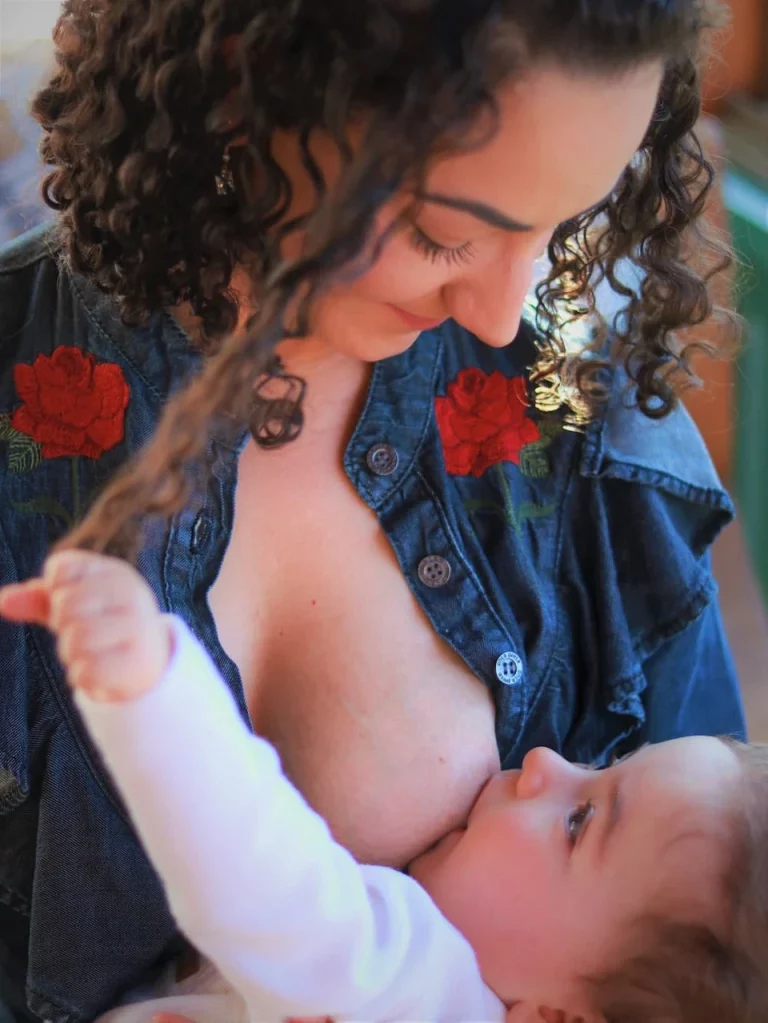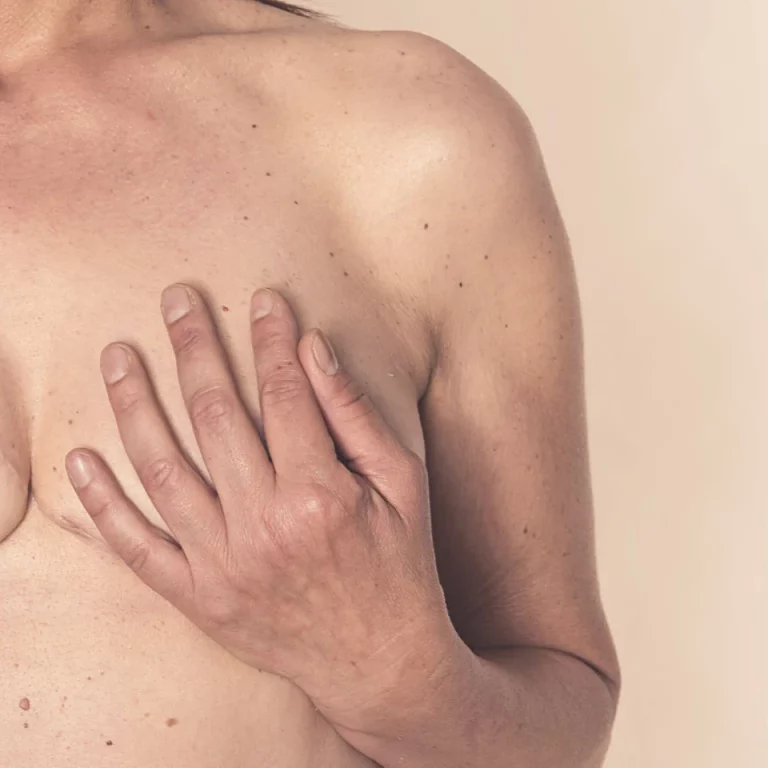8 Scientific Breastfeeding Benefits
If you are newly pregnant or approaching your due date, you should know that there are many breastfeeding benefits. Here are 8 science-based benefits to breastfeeding for mom and baby.
Reduced Risk Of Ovarian Cancer
Breastfeeding is associated with a 24% lower risk of invasive ovarian cancer. According to this study, if you have ever breastfed in your life, this was associated with a reduction in risk of all invasive ovarian cancers. Breastfeeding for longer durations showed an even greater reduction in ovarian cancer risk. Women who breastfed for less than 3 months had an 18% reduced risk and those who breastfed for 12 or more months had a 34% reduced risk.
Helps Eczema In Newborn
There is evidence that exclusively breastfeeding your infant for 3 to 4 months can decrease the risk of eczema in the first 2 years of their life. Breastmilk has unique immune factors that are protective against inflammation and allergies. These natural antibodies are not found in soy, cow’s milk, or any other formula.
Protects Mothers From Multiple Sclerosis
Multiple sclerosis is an autoimmune disease that affects women in much larger proportions. It affects the central nervous system. Breastfeeding could have protective effects against this sometimes disease. According to a study from the American Academy of Neurology, mothers who breastfeed for 15+ months are 53% less likely to suffer from MS.
Reduces Infections In Your Newborn Baby
Breastfeeding may reduce the baby’s risk of developing many diseases and illnesses. These diseases include middle ear infections, respiratory tract infections, and gut infections. Breastfed babies are less likely to suffer from illnesses (intestinal tissue damage, diabetes, childhood leukemia and celiac disease) when compared to formula-fed babies.
Reduced Risk Of Sudden Infant Death Syndrome (SIDS)
Related: What to Expect From a 3D Mammogram
Babies who are breastfed or are fed expressed breastmilk are at lower risk for SIDS compared to babies who were never fed breastmilk. According to research, the longer you exclusively breastfeed your baby (meaning not supplementing with formula or solid food), the lower their risk of SIDS.
Helps The Uterus Contract
During pregnancy, the uterus expands its size from that of a pear to filling the entire abdomen space. After delivery, it undergoes a process called involution. Involution helps the uterus return to its standard size. Oxytocin hormone helps drive this process. Women’s bodies secrete a high amount of Oxytocin during breastfeeding. It reduces bleeding by uterine contractions so that the uterus returns to its previous size. Researchers report that mothers who breastfeed have a faster involution process.
Delays Menstruation
Breastfeeding pauses ovulation and menstruation so you can be free of your period for some time. When your period (and ovulation) will return is largely dependent on how often you are breastfeeding and is very personal. You are more likely to not have a period if the only form of nutrition your baby gets is breast milk. Keep in mind that while it is unlikely to get pregnant while breastfeeding, it can still happen, especially because ovulation will happen before your period arrives. If you are sexually active and not prepared for another pregnancy, be sure to talk to your doctor about birth control that is safe to use while breastfeeding.
Reduces The Risk Of Breast Cancer
A study conducted by the Collaborative Group on Hormonal Factors revealed that breastfeeding women have a lower risk of breast cancer. The study compared breastfeeding mothers to mothers who didn’t breastfeed, to reach this conclusion.
Breastfeeding Benefits: Take Home Points
Breastmilk has amazing benefits, both for the mother and the baby including reduced risk of diseases like breast cancer, ovarian cancer, ear infections, and eczema. It can also save time and money and is a chance to bond with your newborn. Not all persons are able to exclusively breastfeed. Any amount of breast milk that you are able to give your baby is beneficial to your baby – whether you are feeding it directly from the breast or you are pumping milk and bottle feeding it to your baby. While breastfeeding and breast milk should be strongly considered as a first option when possible, formula is safe and will provide your baby with all the required nutrients.
We discuss products we think are useful to people. If you buy something through our links, we may earn a commission. Remember to check with your personal physician to see if a product recommended is right for you.








